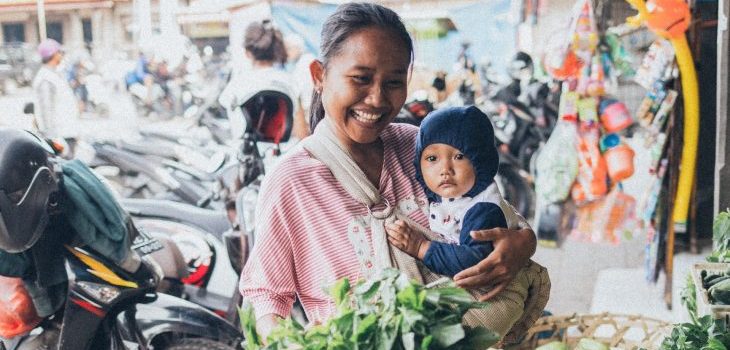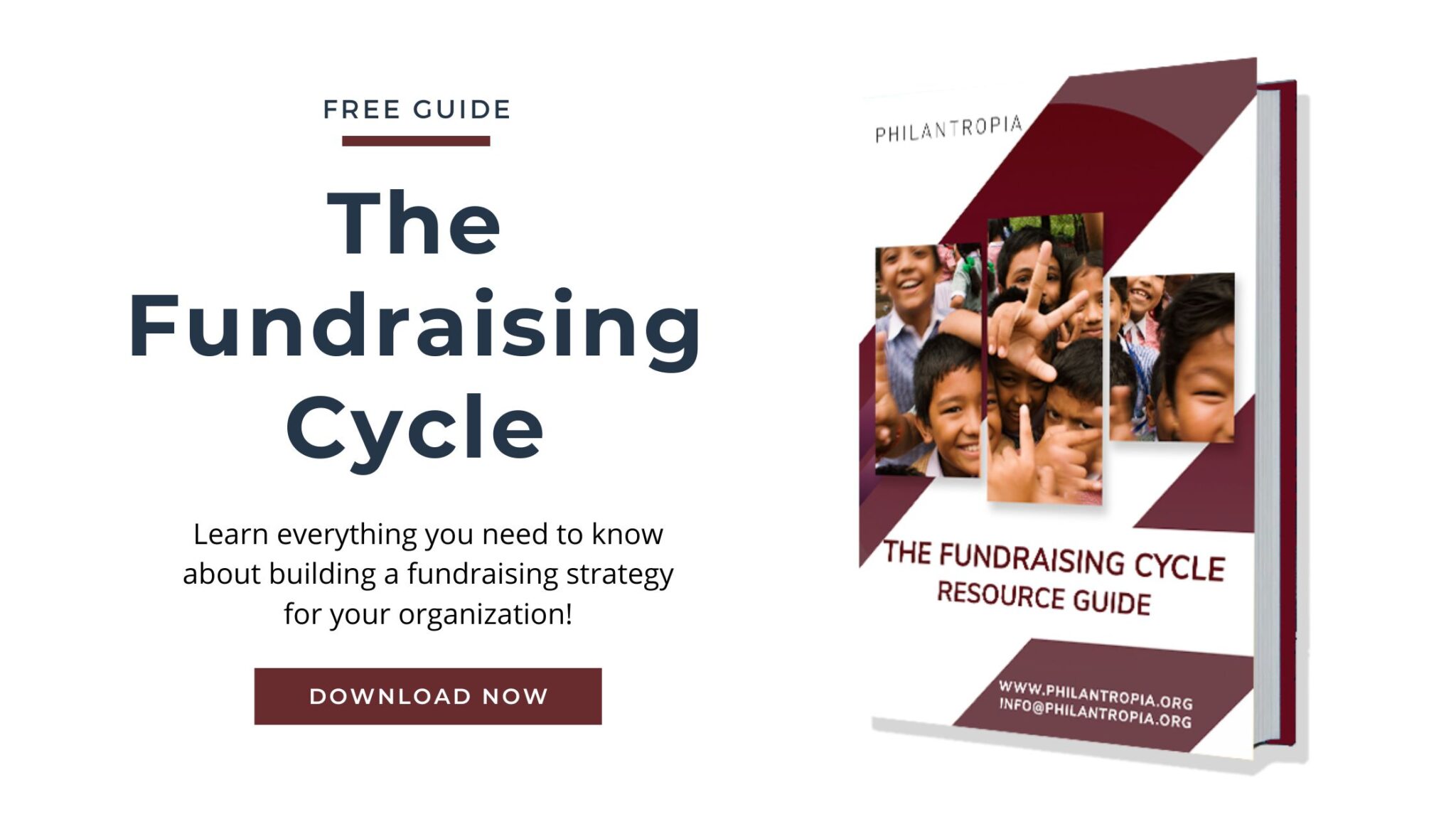Today is World Health Day 2025! This year, the WHO is launching a year-long campaign on maternal and newborn health. Titled ‘Healthy Beginnings, Hopeful Futures,’ the campaign will urge governments and the health community to ramp up efforts to end preventable maternal and newborn deaths and prioritize women’s long-term health and well-being. On this special day, we want to congratulate all the amazing NGOs that work in this sector and do important work to support people all around the world. In this article, we want to give you a couple of tips for your next proposal in the health sector. Maybe they can help you finally win a big grant and make an even bigger impact with your great projects and programs.
Have a clear strategy
When you work in the health sector and write proposals for health projects, it is especially important that you have a clear strategy about what you want to achieve and how you want to go about it. Some health issues are best tackled quickly, i.e. when you work in a current outbreak zone. Others need a more long-term strategic approach, like when you try to better the general hygienic conditions. You need to have a very clear picture of your objectives in mind to be able to fit activities into this – if you just have fragmented plans, your work looks like it is all over the place.
Be up to date with the newest research
When you apply for a project in the health sector, make sure that your concept is up to date with the newest research. Medical research is developing quickly and new procedures and medication is developed all the time. You need to know about these things and be able to make an informed decision as to if this could be helpful for you or your project.
As this is a very specialized field, you should consider having health professionals and maybe even researchers on your staff, not only for implementation, but also for project development. They can monitor current developments and make sure, that your project proposal aligns with the current state of the art in the health sector.
Think of marginalized groups in your communities
When planning a project in the health sector, you should always keep marginalized groups in mind and think about accessibility for them as well. Do some research before you design your project to make sure that you are not excluding anybody without realizing it. This can be spatial, social or any other exclusion. Have a good plan in place to make sure that everybody in the community you want to work with has the same opportunities to access the benefits of your project.
Think holistically about your project
It is always important to look at your project in the bigger scheme of things, but particularly so in the health sector. Improving the health situation of communities has many effects on other areas. At the same time, many times the reason for health issues are related to many different factors and influence different groups in very different manners. When you look at your project in a holistic manner, you might be able to benefit from synergy effects. You can show the donor, that your work will not only influence indicators directly related to health, but that you also think about cross cutting themes. You will also be able to better identify risks and assumptions if you look at things in the bigger scheme.
Tie your project to global and regional strategies
Make sure that your project is aligned with global and regional strategies. The Sustainable Development Goal 3 is directly related to health and the strategies used to achieve it can give you important input. Make sure you check the strategies of your local and regional government as well and try to align your project with them. Synergy effects and potential partnerships can be very helpful in combining resources while working for the common goal.




Thanks a lot for your contributions Eva,I got numerous hints on the field from your article.